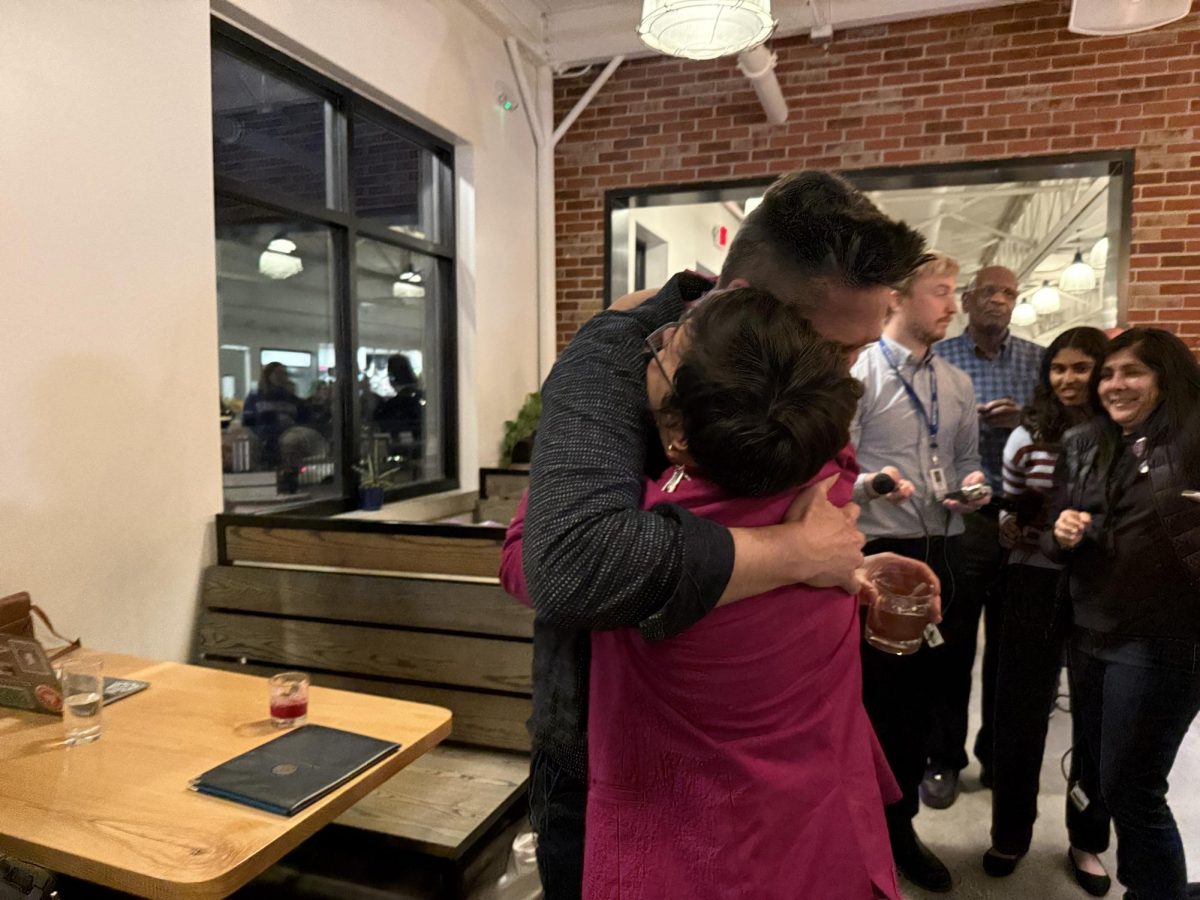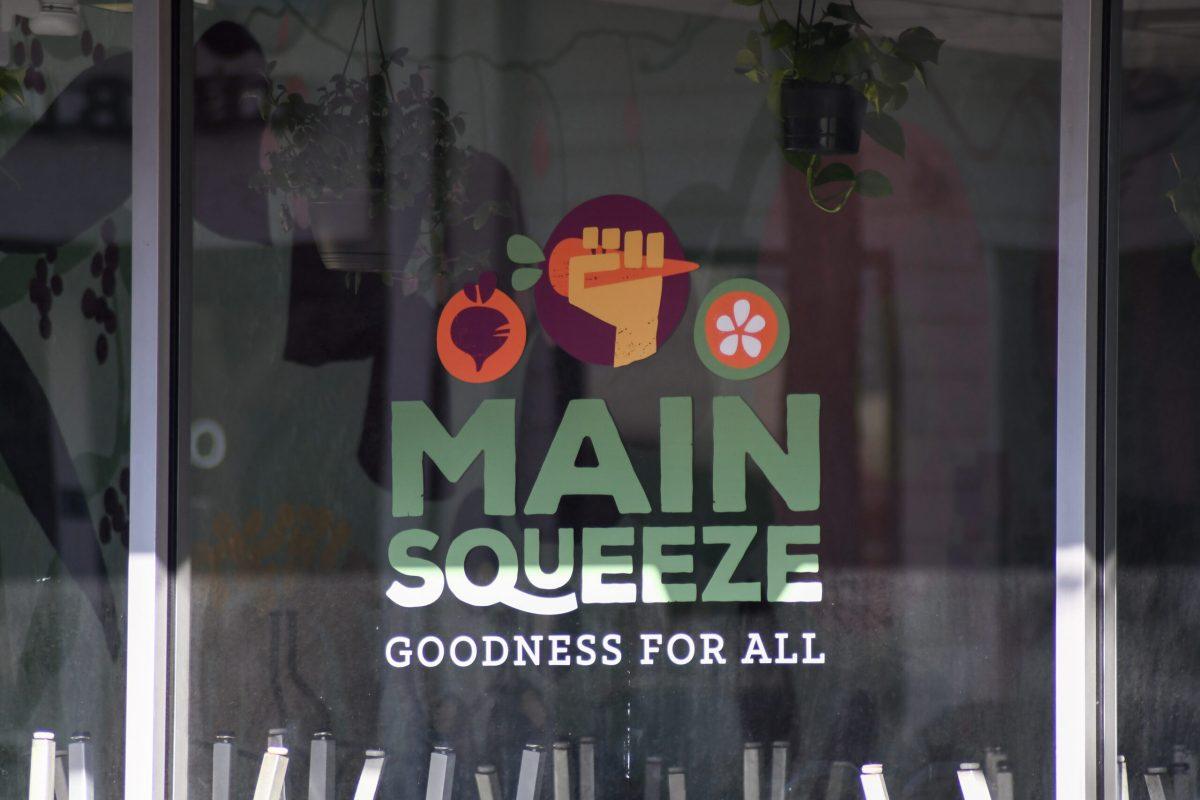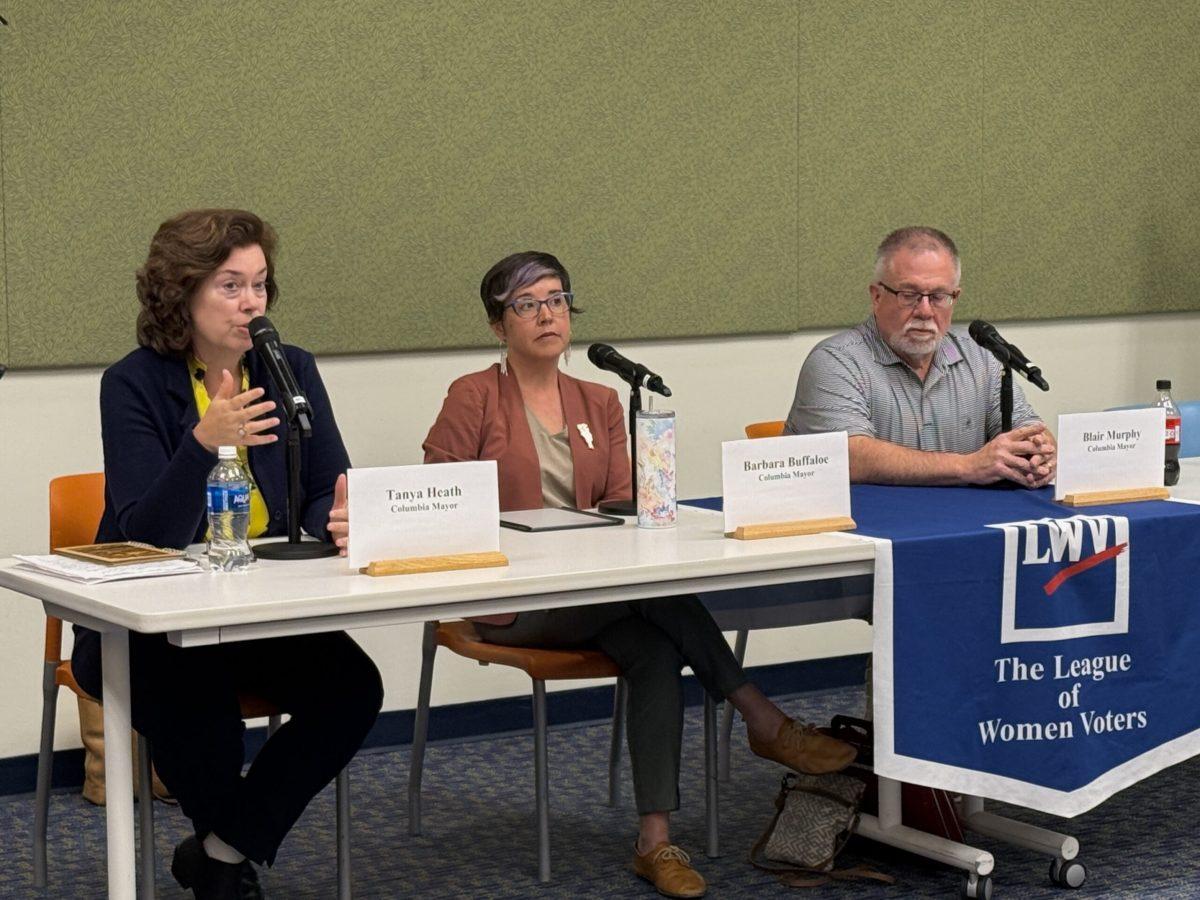When religious studies professor Nathan Hofer posed a question on the morning of Aug. 18 during a Citizenship@Mizzou inclusivity training, the auditorium echoed with scattered laughter.
“Who wants to take a stance and say, yeah, religion is really dangerous, we should get rid of it,” Hofer asked.
A hand went up; it was freshman Evan Schick. He was handed a microphone.
“It’s definitely not all religions that cause violence,” Schick said at the mandatory training on how incoming students can be better citizens of MU. “It’s definitely certain ones, particularly Islam—radical Islamism—because I don’t see any violent Presbyterians out there or Jewish people,” Schick said.
Hofer thanked the student for sharing his views; Stephanie Shonekan, chairwoman of the Department of Black Studies, addressed the students.
“His voice is valid; he has a right as a citizen of the University of Missouri to air that,” Shonekan said to the students. “And so our responsibility is to ask him where that comes from, ask him what he means, elaborate, but not to shout him down. That’s not what we do in our classrooms.”
Shonekan said the purpose of Citizenship@Mizzou training is to guide students in approaching the different backgrounds and ideas of their new community. This event offered new students a chance to pose questions and openly discuss diversity.
“We wanted to say, we know what happened last year and we wanted to make sure we’re communicating,” Shonekan said. “It’s important for us. It’s definitely important for Mizzou.”
The MU Division of Inclusion, Diversity and Equity funded Citizenship@Mizzou in response to the racial tensions on campus last fall. Students had four opportunities to attend the training, which started Aug. 17 and ended Aug. 19 in Jesse Hall.
Shonekan, who helped create the program, said the faculty and students she consulted in creating the program deliberately chose the word “citizenship” for the title and decided against the word “diversity.”
“Doesn’t matter where you come from, we are all citizens. That means we have to work on the relationship; we have to work on communication,” Shonekan said. “So we decided to change the name of it and just focus on the values that make you a good Mizzou citizen. And if we can do that, then when anything happens, then we’ll be ready.”
Shonekan said the structure of the new training was a response to suggestions from a similar training she helped conduct last spring for incoming students. Shonekan, an ethnomusicologist, studies the cultural and social aspects of music. She incorporated aspects of her expertise into Citizenship@Mizzou.
To convey the concept of diversity through a different medium, she included a musical group called “Talking Drum,” consisting of her former students.
Talking Drum performed various pieces, such as Bob Dylan’s “Blowin’ in the Wind” presented in an Americana style and then with an R&B approach. After the performance, the audience was asked to express which version they were more comfortable with. Shonekan used this as an example to encourage students to open their views to different perspectives.
“As you come to the University of Missouri, you’ll gravitate to what is most familiar,” Shonekan said to students Thursday morning. “But what if there was a third choice: I am willing to try to appreciate both. …This is what we do when we come to a university. We commit to trying to appreciate all these different voices.”
Four faculty members were selected to present the core values of the university: respect, responsibility, discovery and excellence. Shonekan said the faculty members were selected based on their ability to uphold the specific value and engage students in a unique way.
She said it was beneficial that the guidance was coming from within the university about issues relating to the speakers’ fields. The first speaker was assistant professor of nursing Urmeka Jefferson, who spoke about responsibility. Elisa Glick, women’s and gender studies and English associate professor, addressed respect. Andrew Hoberek, also an English professor, talked about excellence, and Hofer, the religious studies professor, discussed discovery.
Shonekan said comments like Schick’s pose a great learning moment for the faculty to encourage students to listen to differing views. But Shonekan said it also highlighted the importance of the value that Hofer was presenting.
“It is also an opportunity for whoever is speaking to understand that you can say something but you have to back it up,” Shonekan said.
Schick said he did not mind the reaction his comments received. He also said he was not targeting all Muslims with his comment and would be open to more discussion with those who disagreed.
“I loved it,” Schick said. “I think it helps a free society in a college like this where we’re going to be questioned in our beliefs to go out there and get mad at each other. I like it.”
Freshman Alex Fagin, who attended the Friday session, said he was surprised by the incorporation of music.
“I thought that the combination with music was interesting, gave [it] like a new lens,” Fagin said. “Also, just the group discussion a lot of people were talking, sharing their thoughts from different places, new perspectives.”
Fagin said he appreciated the perspective presented by Glick, who talked about her experiences with abandonment when she came out to her family. However, he said it would have been more beneficial to hear more personal experiences like Glick’s.
“Hearing that first account is powerful, maybe from more people would make it more powerful,” Fagin said. “A lot of the ignorance comes from people who haven’t experienced it or don’t know people who have experienced it.”
Although there is no training planned for upperclassmen, Shonekan said as the program continues, she hopes there are opportunities for expansion.
“We’re growing, and we could do better, ” Shonekan said. “I know there are things we can’t do in two hours but we hope that we do as much as we can to let these students know that we are not about giving them specifics. We’re about transferring this idea that citizenship at Mizzou means that we care about each other and that we value everybody similarly.”
_Edited by Kyra Haas | khaas@themaneater.com_






